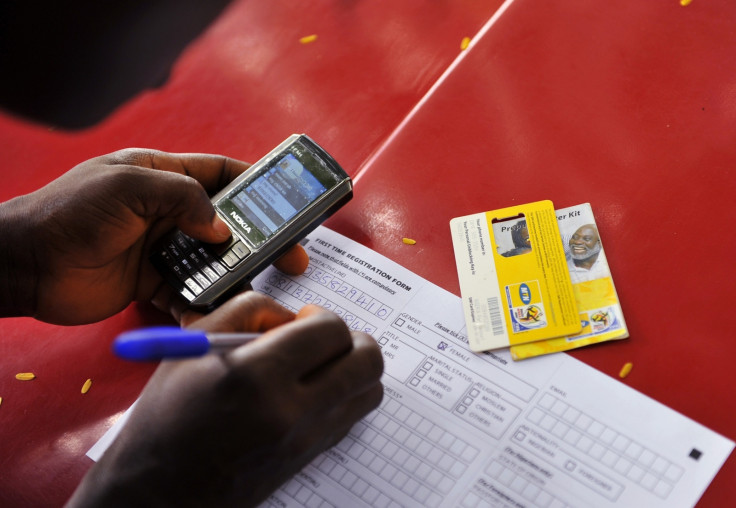Nigerian networks block 10.7m SIM cards in crackdown on scammers, kidnappers and Boko Haram

Mobile network operators in Nigeria have deactivated 10.7 million unregistered SIM cards in an attempt to block communication methods used by terrorists and criminals in the country. The Nigerian Communications Commission (NCC) ordered SIM cards that lacked corresponding biometric user information to be barred, though reports suggest that a significant proportion of legitimate users have been affected by the crackdown.
The directive followed discussions between Nigeria's National Security Adviser, the Department of State Services, network operators and the NCC aimed at tackling "incessant occurrences of threats" via telecommunication networks. A statement from Tony Ojobo, the NCC's director of public affairs, said the move would help prevent crimes committed by kidnappers, robbers and terrorist groups like Boko Haram.
"The meeting resolved that henceforth, all registrations must conform to the data dictionary, technical specifications on fingerprints and facial images and the business rule agreed by all stakeholders," Ojobo said." It was also agreed operators would be held liable for cases of pre-registered SIMs."
A source in Nigeria told IBTimes UK how criminals in the country avoided detection from law enforcement, explaining that there had been several instances of SIM card misuse in his neighbourhood.
"It's not news that many 419ers [Criminals breaking Nigeria's fraud penal code], kidnappers and even Boko Haram use different SIMs to call victims and cheat them," the source said. "They change SIMs after each business and insert new ones, without being traced."
Nigeria's four main telecom firms, MTN, Globacom, Airtel and Etisalat, claim to have spent N25 billion (£82m) on the new registration process, though many users have expressed frustration with it.
Local reports revealed that thousands of service subscribers were affected by network issues as a result of NCC's initiative, including large numbers of subscribers in Lagos. Those disconnected vented their anger at the mobile network operators for blocking services despite users providing their name, address, occupation, parents' name, fingerprints and photograph in order to register their SIMs.
"I have not been able to make a call since yesterday," Globacom customer Tunde Calisto told The Nigerian Guardian. "This line was properly registered and confirmation came from Globacom that they have stored my details on their database, which has been sent to NCC for harmonisation. See me here and see the crowd! How long are we going to continue with situations like this?"
The NCC has not responded to a request for comment from IBTimes UK. Affected users have been advised to visit their network's local branch to resolve the issues.
© Copyright IBTimes 2025. All rights reserved.






















